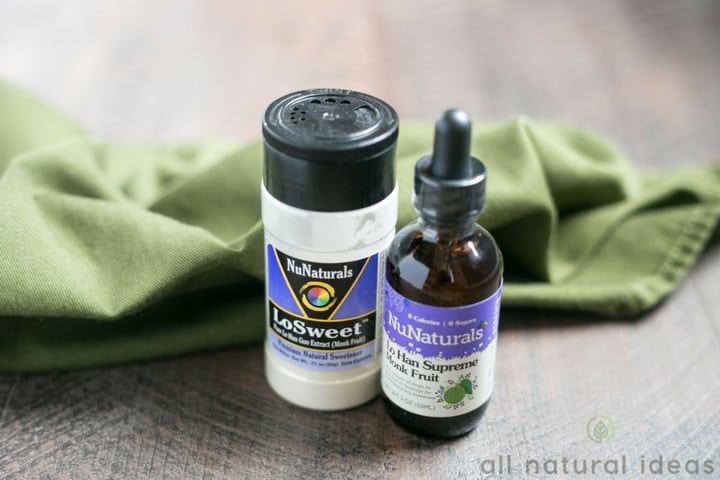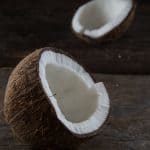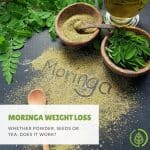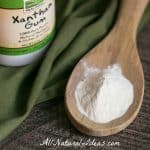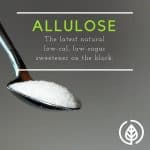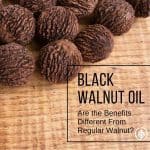Some think monk fruit extract is the healthiest and most pleasing to the palette natural low carb sweetener. But is it worth the cost?
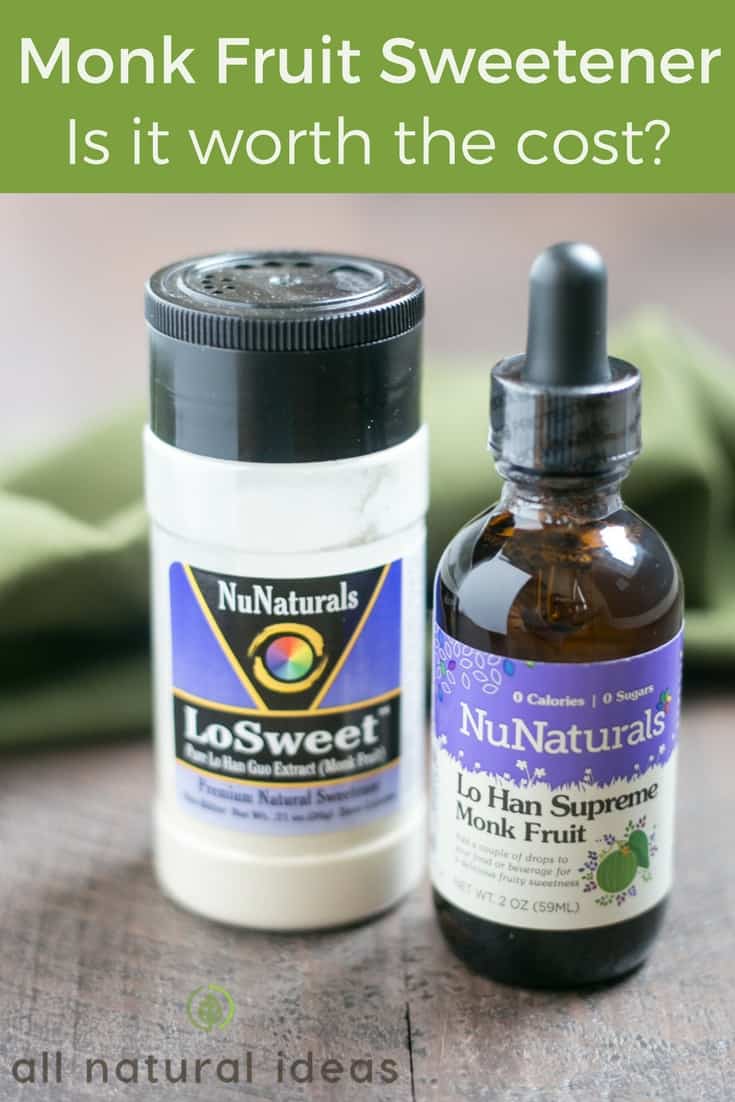
Move over green Stevia packets. There’s a new natural non-sugar sweetener that doesn’t have your metallic aftertaste. It’s an extract from Chinese monk fruit.
Monk fruit extract is becoming more popular in natural health circles. However, you won’t see packets of monk fruit sweetener competing with space against Splenda, Stevia, brown sugar and table sugar (sucrose) in coffee shops. That’s because it’s far more expensive than other sweeteners.
Consequently, there are few indie coffee shop owners willing to justify its expense when there are far cheaper natural sweeteners.
However, considering the chronic rates of metabolic disorders such as obesity and type 2 diabetes, monk fruit extract should be a staple in more homes. Monk fruit does not raise insulin levels at all. Thus, it’s a promising natural sweetener for those with obesity and type 2 diabetes. (90% of those with type 2 diabetes are either overweight or obese).
With obesity and type 2 diabetes, insulin, the hormone that directs blood sugar into the cells must work overtime to keep up with the high blood sugar levels. As a result of its naturally sweet taste and zero effect on blood sugar, monk fruit may help with weight loss. In addition, monk fruit may help curb cravings for sugary snacks that actually spike blood sugar levels.
What is Monk Fruit?
“Monk Fruit” … sounds exotic. In a way, it is. Monk fruit comes from a plant in the subtropical climate of southwest China. The name of this sweetener derives from monks who cultivated the fruit centuries ago.
In China, monk fruit wasn’t used to sweeten a non-fat half-caf soy latte. (Although, perhaps it was used to sweeten herbal and green tea). However, it did have several medicinal uses. Monk fruit supposedly helped treat cold symptoms such as sore throats, coughing fits, headaches and fevers.
Despite the fact that it’s been used for nearly 1000 years in China, in the U.S., monk fruit has only been sold in stores for less than a decade.
People who use monk fruit prefer it to its main natural sweetener competition, Stevia. Stevia has a reputation for having a bitter aftertaste. By comparison, monk fruit extract aftertaste remains sweet without metallic aftertaste.
Monk fruit is more than 100 times sweeter than regular table sugar. Some studies show it as high as 250-300 times sweeter. It seems like a miracle that a fruit can be a few hundred times sweeter than the sugar most of us satisfied our sweet tooth as kids … without raising your blood sugar level one mg/dl. Because of this, monk fruit shows great promise as a dietary aid.
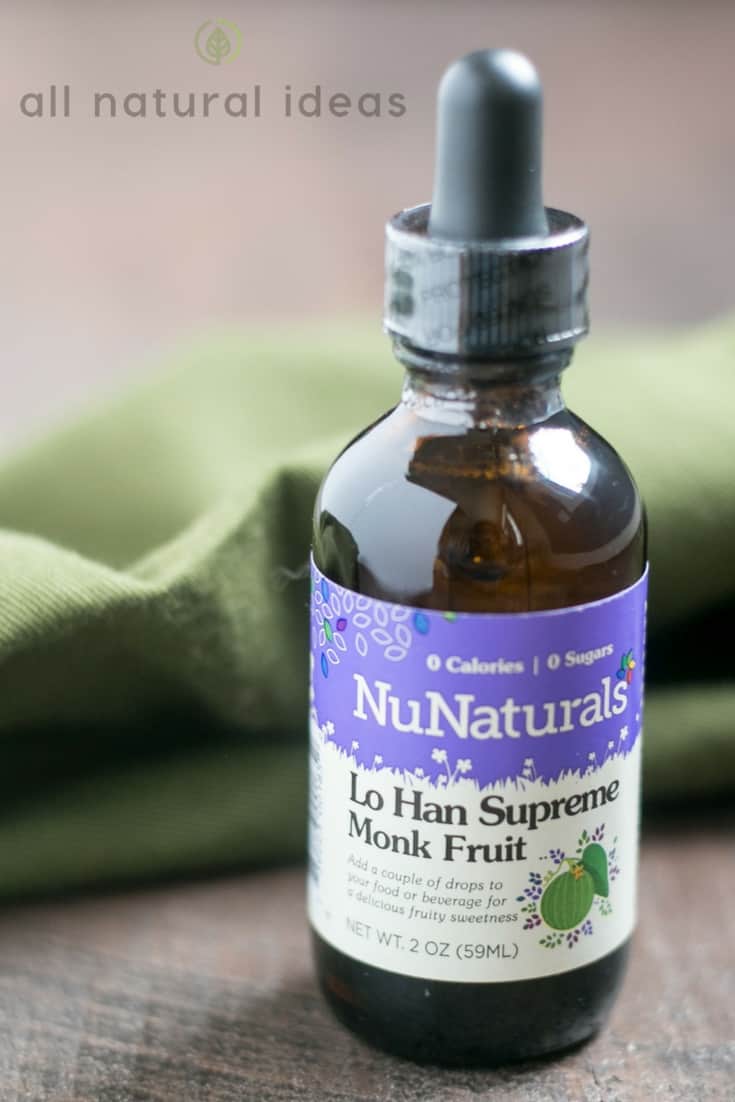
Pure monk fruit sweetener
There actually is sugar in monk fruit that would otherwise normally raise blood glucose. Specifically, monk fruit contains fructose (fruit sugar) and glucose (a simple sugar). However, pure monk fruit extraction is all natural. Processors crush the fruit. Then, water extracts the juice. This juice undergoes filtration. This rids the monk fruit of these two blood-glucose-raising sugars.
During the filtration process to make the extract, the chief therapeutic component gets released. This compound is “mogroside.” Mogroside also is what gives the concentrate its extreme sweet taste. And as you’ll see below, there’s another benefit to mogroside. It’s a disease-fighting antioxidants.
The problem with many sweeteners, even natural ones, is they are often mixed with other ingredients. For example, some stevia products contain corn starch. However, some people prefer not to get pure monk fruit sweetener. That’s because of its intense sweet taste.
Instead of pure monk fruit sweetener, you can get a monk fruit that’s cut with other healthy, sugar-alternatives. Erythritol is one example. If keeping blood sugar levels under control is paramount, you might want to stick with pure monk fruit. Or, do your research and learn which other sugar alternatives would pair well with monk fruit and not affect your blood sugar.
Monk fruit benefits
The main monk fruit benefit is it scores zero on the glycemic index. In other words, it doesn’t raise your blood sugar at all. Therefore, it’s totally safe for those with diabetes. And for dieters, another huge benefit is it’s calorie-free.
But there’s more to monk fruit benefits than being good for your blood sugar.
This study in Nutrients provides evidence that monk fruit’s main antioxidant–mogroside–contains powerful anti-cancer properties. The study suggests that mogroside may be an effective supplement for treating colorectal and throat cancers.
Moreover, there’s other evidence that the extract can fight inflammation. It can also curb allergies, among other awesome health benefits.
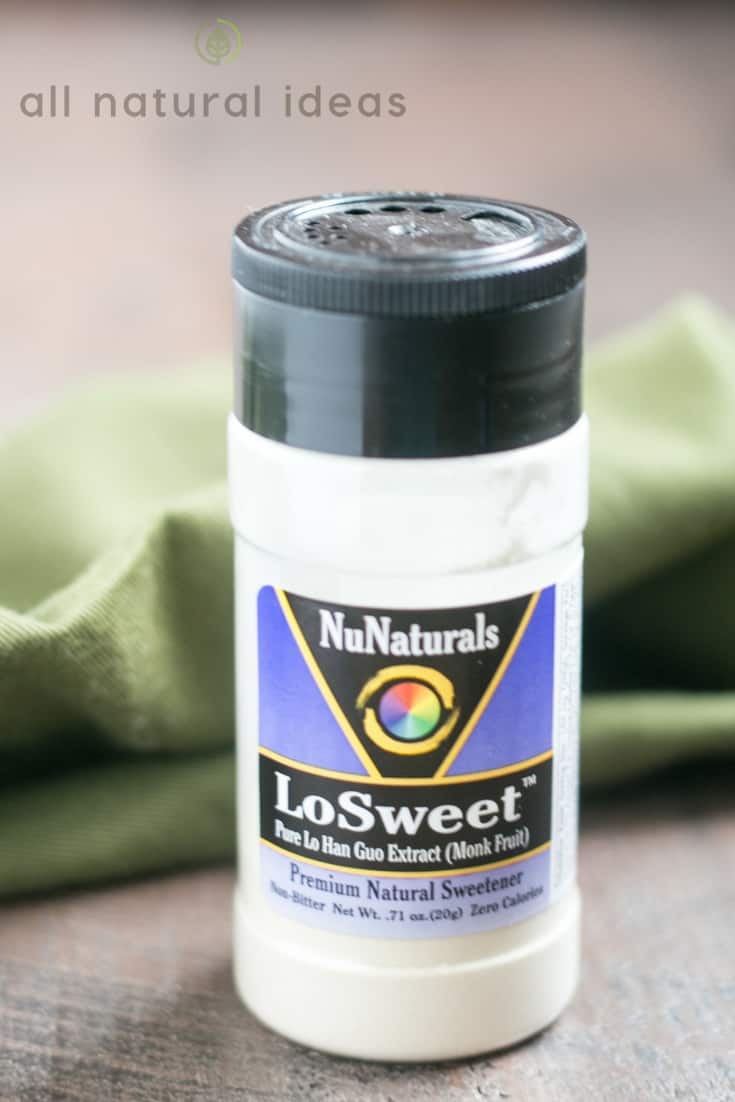
Best monk fruit sweetener
There’s more than one brand of monk fruit extract of very high quality. Lakanto is one such brand name. It comes from Japan, where it’s been a popular sweetener for decades. We also like NuNaturals which offers both a liquid and powder extract.
A brand leader of Paleo food, Julian Bakery’s Pure Monk is also a best monk fruit sweetener. It dissolves fully in water. This makes it easy to blend in coffee or tea.
Pure Monk is a powder. Powders are better than liquids. That’s because many monk fruit liquids often contain other sweeteners. However, Pure Monk is 100% pure extract powder.
Monk Fruit Extract: conclusion
Monk fruit costs more than twice than Stevia. So it it worth the money? Well, consider that monk fruit extract is super sweet. Therefore, you really don’t need much of it.
In fact, one gram of monk fruit equals about eight teaspoons of regular table sugar. Mary Poppins would have to revise her song, “A spoonful of sugar makes the medicine go down.”
Perhaps a catchy monk fruit slogan would be: “An eighth of a spoonful of monk fruit makes the medicine go down.” Doesn’t sound as catchy as the Mary Poppins jingle, does it? Nonetheless, it might be worth it to give monk fruit extract a try. If nothing else, your blood sugar will thank you for it.
